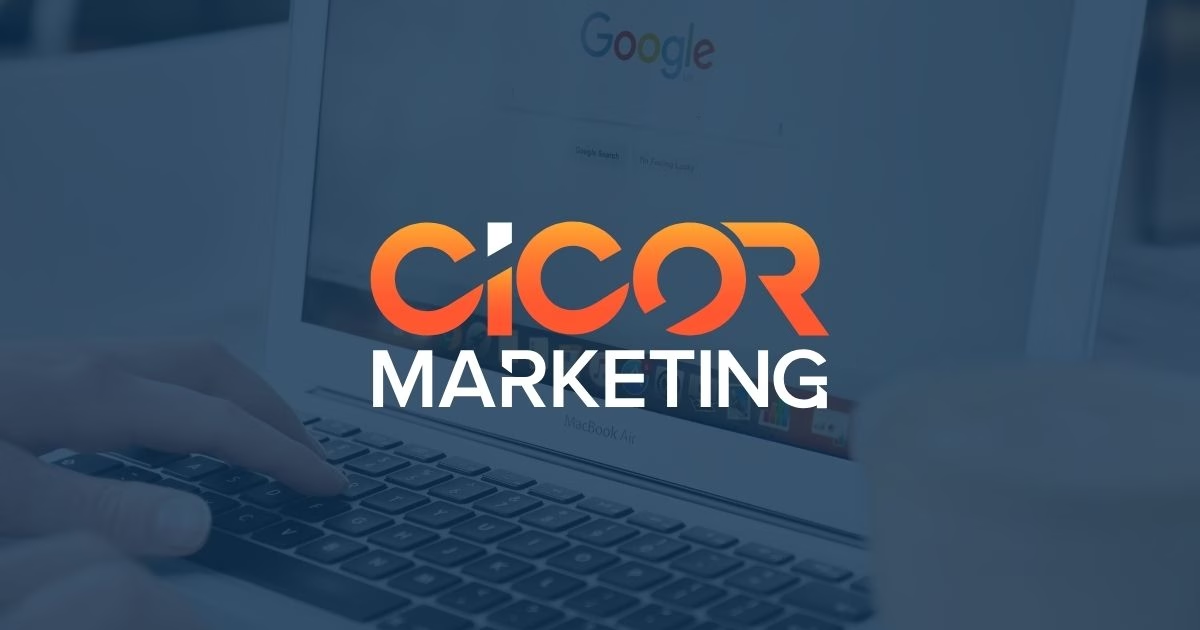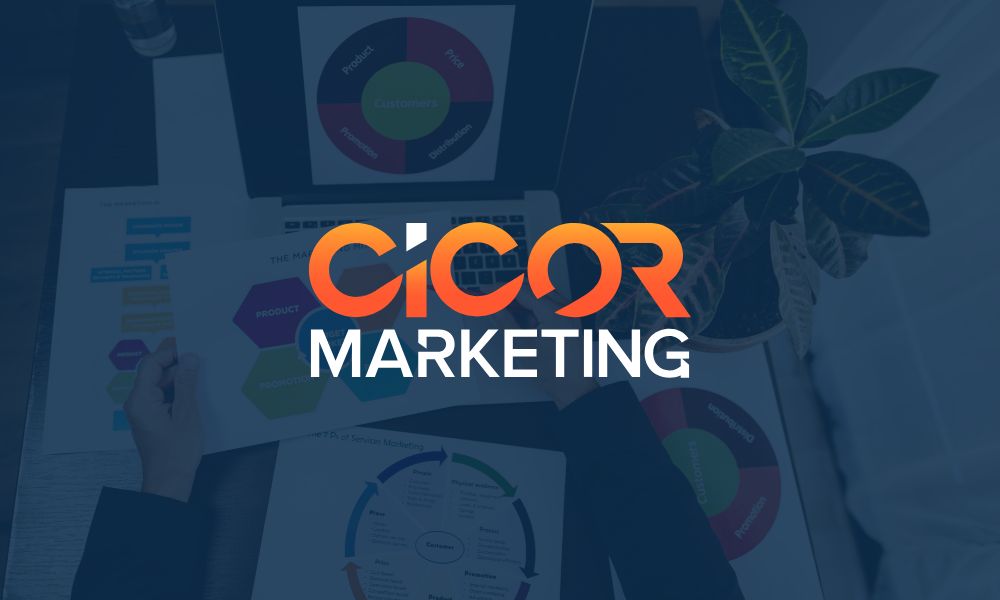How do e-commerce solutions improve customer experience?
E-commerce solutions improve customer experience by providing intuitive navigation, personalized recommendations, secure payments, and flexible delivery. Live chat, email marketing, and mobile optimization enhance communication and convenience. These features reduce friction, increase satisfaction, build trust, and encourage repeat purchases, fostering long-term customer loyalty.












